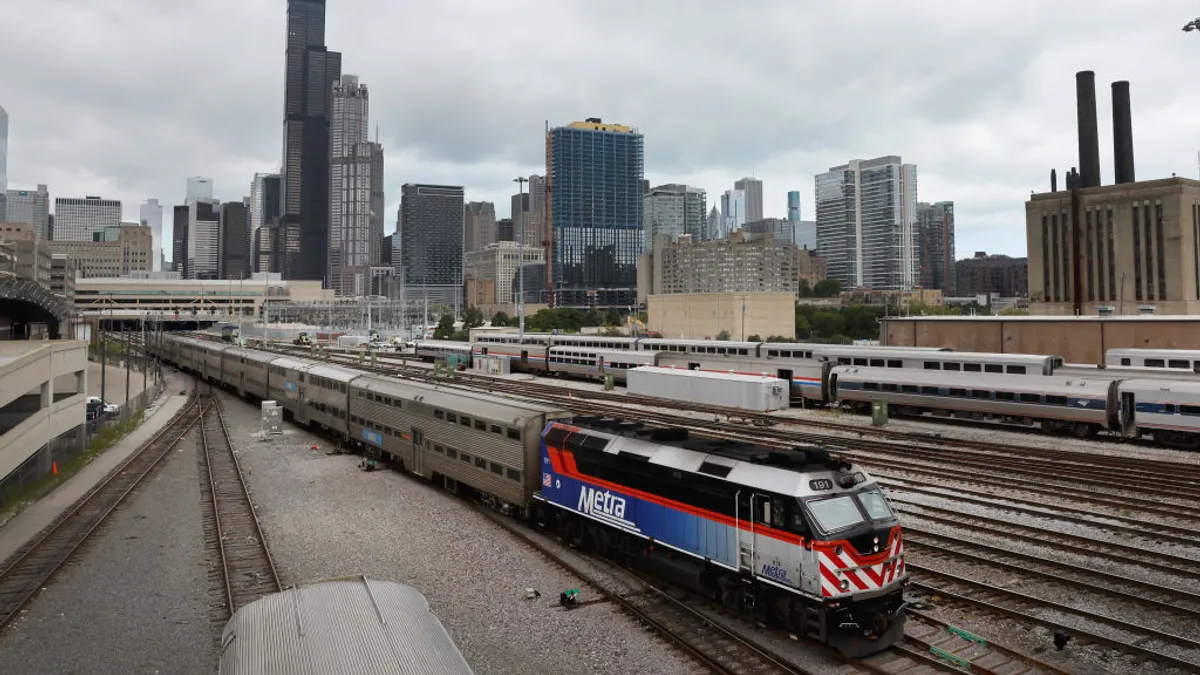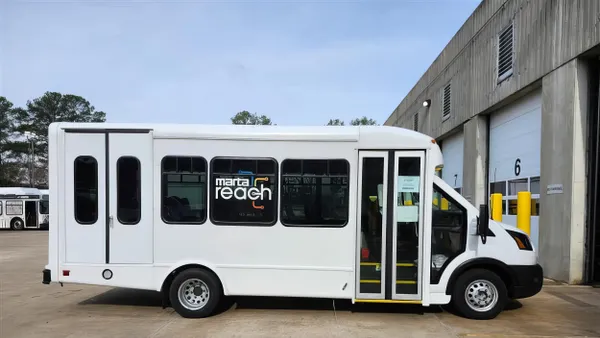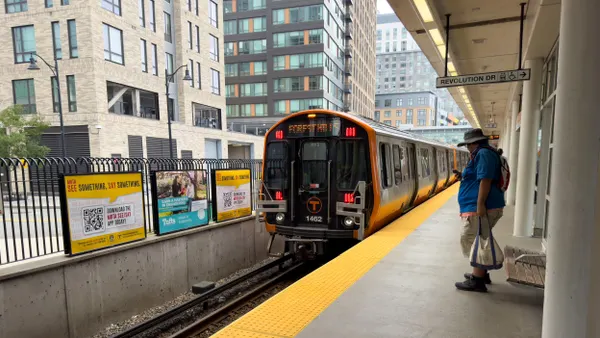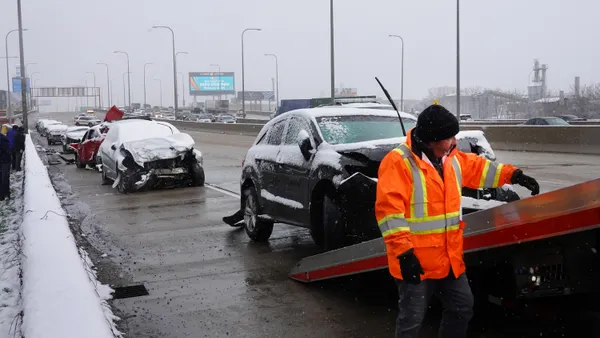Dive Brief:
- Northern Illinois’ Regional Transportation Authority restated its 2026 budget deficit projection Monday, reducing a projected $771 million fiscal gap to $230 million due to higher-than-expected sales tax revenue and short-term cost savings.
- The Chicago Transit Authority proposed a 25-cent fare increase for bus and rail transit in 2026, and the Metra commuter rail system said fares would increase 13% to 15% next year without additional state funding.
- The Illinois General Assembly’s fall session opened Tuesday to address open issues from the spring session, including proposed statewide fees to help fund the Chicago region’s transit network.
Dive Insight:
The Northern Illinois transit system’s budget woes mirror those of many transit systems around the country. San Francisco’s Bay Area Rapid Transit system is operating on emergency funds that will run out next year; the San Francisco Municipal Transportation Agency faces a more-than $300 million deficit in 2026, and Dallas Area Rapid Transit expects to make cuts to its bus and light rail services in January.
The Southeastern Pennsylvania Transportation Authority announced significant service cuts last month. These were canceled when the Pennsylvania Department of Transportation provided a lifeline, allowing SEPTA to use capital assistance funding to support ongoing operations.
“We need to solve this fiscal cliff issue,” KellyAnne Gallagher, CEO of the Commuter Rail Coalition, said in an interview. “We will have to stop moving commuters if these funding issues don't get sorted.”
For Chicago-area riders, that future may be just over the horizon. “If lawmakers continue to delay action on funding and reform, riders will begin to feel the pain through service cuts and fare increases in 2026, with worsening impacts when the full cliff hits in 2027,” RTA Chairman Kirk Dillard said in an Oct. 3 statement.
The RTA projects a budget gap of $834 million in 2027 and $937 million in 2028, assuming no new state funding. “With one-time federal pandemic funds running out and a lack of sufficient operating funding sources, CTA and transit agencies across the state are facing some of the largest budget deficits ever, beginning in 2026 and continuing into the future,” the CTA said in an Oct. 13 post on its website.
For Chicagoans, these potential fare hikes and service cuts come at a time when the Trump administration is withholding $2.1 billion in federal grants for two CTA projects. The freeze affects the CTA’s Red Line Extension and the Red and Purple Modernization program, according to an Oct. 3 U.S. Department of Transportation statement.
“RTA continues to advocate for legislative action that will provide sustainable and sufficient transit operations funding as well as governance reforms that will strengthen regional authority for a system that works better for all riders,” RTA said in an Oct. 14 email.














